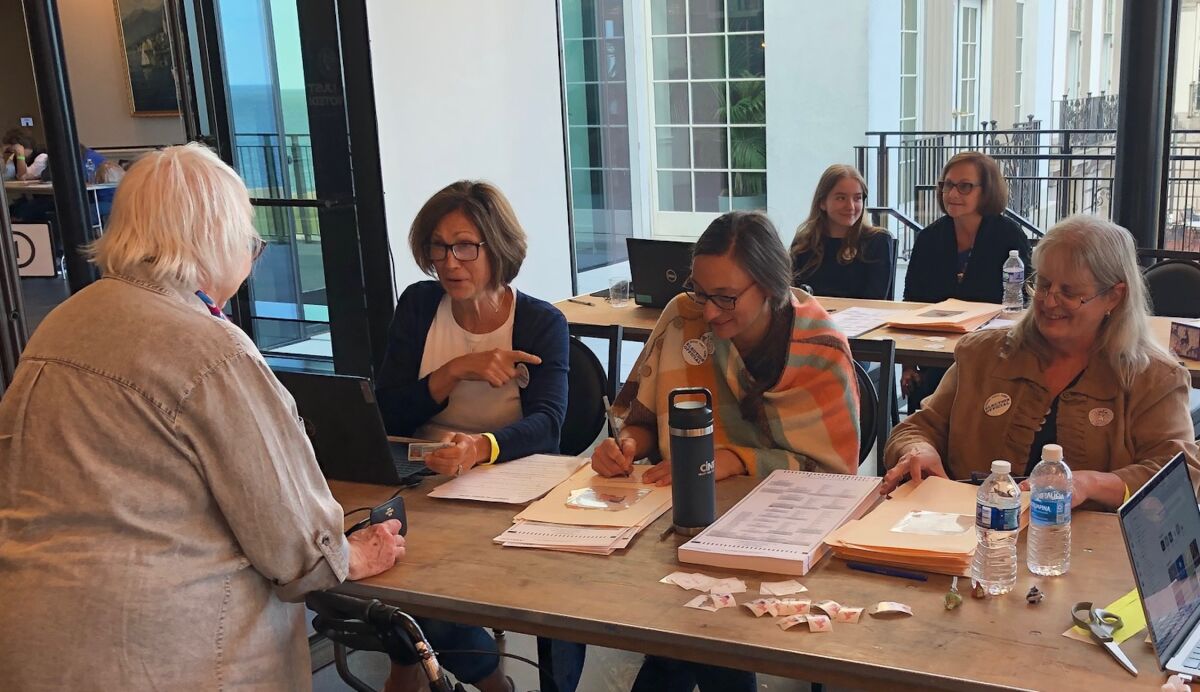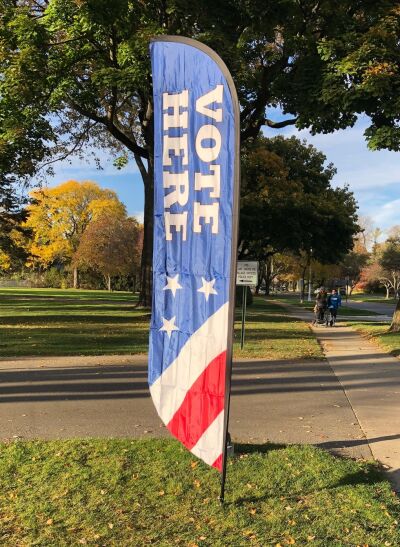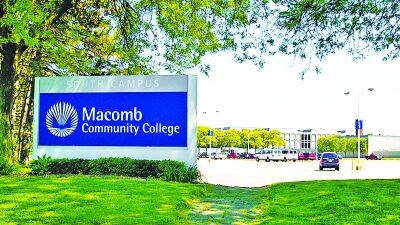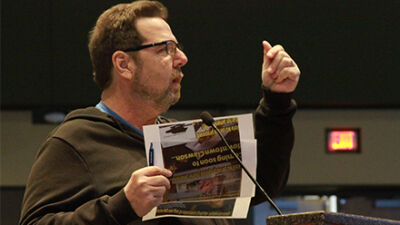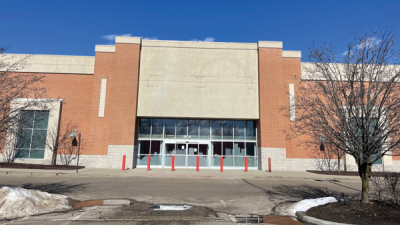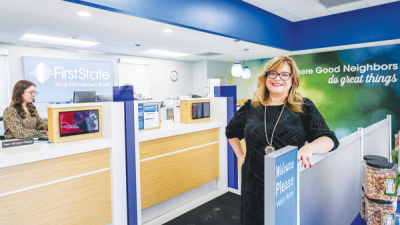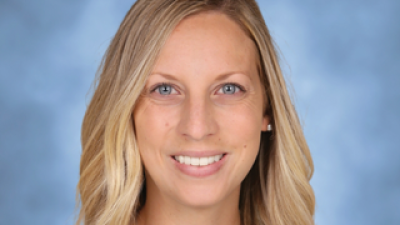GROSSE POINTES/HARPER WOODS — Besides federal, state and county elections, voters were also asked to weigh in on multiple local proposals, including a special millage for senior services, a road millage renewal request in Grosse Pointe Farms and two budget-related charter amendments in Grosse Pointe Park.
Five of 6 cities approve millage for senior services
The Grosse Pointes/Harper Woods senior millage proposal — a request to levy 0.35 mills for six years to pay for some key senior services — passed in five of the six cities, only being narrowly rejected in Grosse Pointe Shores, where it failed by 72 votes, according to unofficial tallies available at press time. The millage needed to pass in at least four of the six cities to take effect, which it did.
“We have five communities that really stepped up to support seniors,” said Krista D. Siddall, executive director of The Helm at the Boll Life Center.
Headquartered in Grosse Pointe Farms, The Helm provides the majority of senior services available now to residents of the five Grosse Pointes and Harper Woods. That includes a medical loan closet, meal delivery to homebound individuals, senior exercise classes, social workers who can help seniors connect with resources, educational talks about health and fun activities like bingo and movies.
Millage funds will be applied toward what are considered essential services, such as case coordination, transportation and Meals on Wheels, as well as a forthcoming adult day care program to address the needs of seniors who cannot be left alone. Helm officials said they will continue the fundraising efforts they have in place now to cover other programs, such as bingo, that enable seniors to socialize and remain active.
“I want to express my disappointment that the Shores didn’t see the need to support all of their residents, from the youngest to the oldest,” Siddall said. “Hopefully in the future we can get them on board.”
By failing to pass the millage, Shores residents are expected to have to pay higher fees for Helm services once the millage takes effect, which is likely to happen next year.
As part of an interlocal agreement, the cities that approved the millage — Grosse Pointe City, Farms, Grosse Pointe Park and Grosse Pointe Woods, along with Harper Woods — will each appoint a representative to the new Active Adult Commission. Tax dollars will be collected by the cities — not The Helm — and Siddall said it will be up to the Active Adult Commission to disburse those funds to approved contractors for senior services, such as The Helm and Pointe Area Assisted Transportation Services, or PAATS.
“There is definitely governance and oversight,” Siddall said.
It will be the commission’s job to determine how much Grosse Pointe Shores residents should pay for Helm programs, in lieu of tax revenue.
“We know that the senior population is going to grow more than any other age group (in the Pointes and Harper Woods),” Siddall said, citing population trends and statistics. “A millage is the best way to guarantee funding for the increased need in services.”
She said the millage will enable The Helm to expand its services, offer more home visits and launch new programs like adult day care.
Besides voters, Siddall thanked Helm Board leaders — in particular, President Emeritus Prudence Cole-Klimisch, President Cheryl Wessen and Vice President Carol Kleinow — for their help in spreading the word and getting the millage passed.
“They have literally worked tirelessly for the last 24 months,” Siddall said.
In the Park, the senior millage passed by 59.54%. It passed by 65.33% in the Farms, 66.92% in Grosse Pointe Woods and 65% in Grosse Pointe City. In Harper Woods, it passed by 69.65%. All totals are based on unofficial vote counts available at press time.
Farms voters approve continued road funding
Grosse Pointe Farms voters resoundingly approved a five-year renewal of an existing 2-mill levy for roadwork, which had been slated to expire with the winter tax collection in December. According to unofficial vote counts available at press time, the millage passed by a vote of 76.84% in favor of renewal.
“(We are) very pleased to see that it was passed with a strong level of support,” Farms City Manager Shane Reeside said. “We’ve made good progress over the last several years, and this will continue that progress. We’ve really focused a lot on our major roads with our first millage. This will give us the opportunity to go further into our local streets that need to be addressed.”
The millage will generate an estimated $2,069,200 in the first year — the December 2025 winter tax collection — and is expected to raise almost $11 million over the next five years, from 2025 to 2029.
Charter amendments OK’d in Park
Grosse Pointe Park voters overwhelmingly approved a pair of related charter amendments. The first, which passed with 74.08% of votes in its favor, will change the charter to state that the city manager must prepare and submit a recommended budget to the City Council on or before the first regular meeting in May each year. The charter had previously called for the city manager to prepare and submit a budget to the council on or before the first regular meeting in April.
The second Park charter amendment, which passed with approval from 67.16% of those who cast ballots in the November election, calls for the City Council to approve a budget for the new fiscal year before the third Monday in June. The former charter language called on the council to adopt a budget between April 15 and the third Monday in May. The city’s fiscal year runs from July 1 to June 30.
 Publication select ▼
Publication select ▼